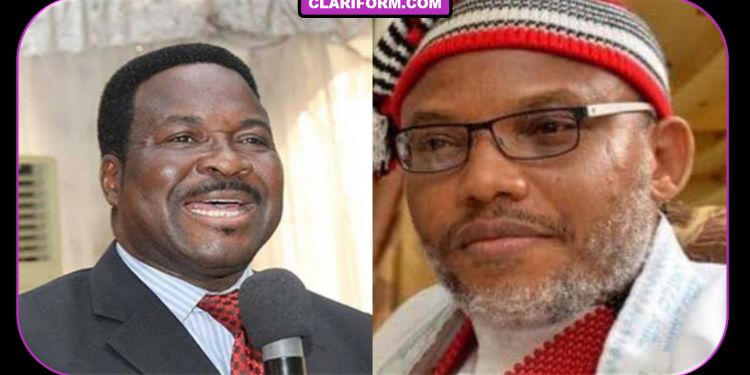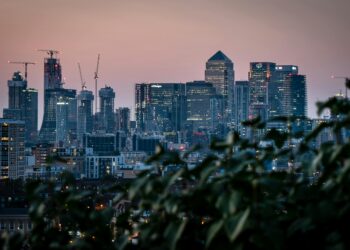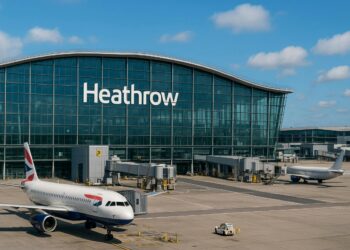The Court of Appeal in Abuja has reserved judgment on an appeal filed by the leader of the Indigenous People of Biafra, IPOB, Nnamdi Kanu, seeking to quash the terrorism and treasonable felony charge the Federal Government preferred against him.
BASIC FACTS
- The court of Appeal Abuja this Tuesday, reserved judgement in the appeal brought before it by Nnamdi Kanu.
- The Nigerian Federal Government accused Kanu, IPOB leader of terrorism and felony.
- Nnamdi Kanu wants the court to quash the charges against him.
WHAT WE KNOW
The court of Appeal Abuja, has reserved judgement in the appeal brought before it by the detained leader of the Indigenous People of Biafra (IPOB).
The IPOB leader, who is currently facing trial before the Federal High Court sitting in Abuja, had approached the court of appeal to query the legal competence of the charge pending against him.
He is praying the court to review the April 8 ruling of the trial court, which struck out only eight out of the 15-count charge.
Insisting that the charge FG entered against him had no basis in law, he is also urging the appellate court to order his release on bail, pending the determination of his appeal.
Though the appeal was initially fixed for October 11, following an application the IPOB leader filed for abridgment of time, the appellate court brought the matter forward for hearing.
CATCH-UP
Recall that the Nigerian Federal Government has slammed some 15 count charges against Nnamdi Kanu the leader of IPOB after his extrajudicial rendition from Kenya last year.
Challenging the charges, Kanu through his lawyers had asked the Federal High court to quash the charges against him.
Ruling last April, Justice Binta Nyako of the Abuja High court has squashed 8 of the charges.
Dissatisfied with the ruling, Kanu has approached the appeal to squash the remaining 7 charges.
COMMENTRAY
There is an economic implication to the trial of Nnamdi Kanu. IPOB called for a sit at home this Tuesday in the South East. Like other times, the streets in the South East remained empty today, shops were closed.
The visit of President Buhari could not change the situation, though the governor had asked the people to come out and welcome the President.
The best way out of this lingering agitation by separatist, may not be legal or military strength but politics and diplomacy anchored on justice, equity and fairness on the heels of massive infrastructural development.
This is exactly where the government missed it and continue to miss it, insisting on military might and legal instrument as it is now.
Recall that the Nigerian government had in September 2017 proscribed the Indigenous People of Biafra (IPOB) as a terrorist group.
This was following the groups agitation for a separate State of Biafra for states that were part of the old Eastern region which fought a gruesome 30 months civil war against the Federal government between May 1967 to January 1970.
Dissatisfied with the marginalization of the region, especially the present day South East which is home to many Igbo people of Nigeria, Nnamdi Kanu`s IPOB like other separatists group such as MASSOB (Movement for the Actualization of the Sovereign State of Biafra) led by Raph Uwazurike has renewed agitation for Biafra.
However, it’s Nnamdi Kanu’s IPOB that has drawn the irk of the present Nigerian government more than any separatist group.
The above may not be unconnected with the use of violent words and threat to violence by the IPOB leader and many of the organisations youthful followers who are unsatisfied with the state of affairs in Nigeria.
Kanu was arrested, charged to court for trial but granted bail in April 2017. However, by 2018, he was unable to continue with his trial, a situation his lawyers blamed on the invasion of his country home in Afaraukwu Abia State by the Nigerian military.
The invasion was reported to have led to the death of his parents. Kanu had since then operated from outside the country until his extrajudicial rendition from Kenya.
Clariform reminds our readers of reports about UN Rights group call for the unconventional release of Nnamdi Kanu, who was brought back to Nigeria in an unconventional manner that drew international condemnation for the Nigerian and Kenya government.
The extrajudicial manner employed by the Nigerian government to get back Nnamdi Kanu ran foul of international laws in the extradition of citizens for trial according to the UN body and many other experts who have weighed into the issue.












